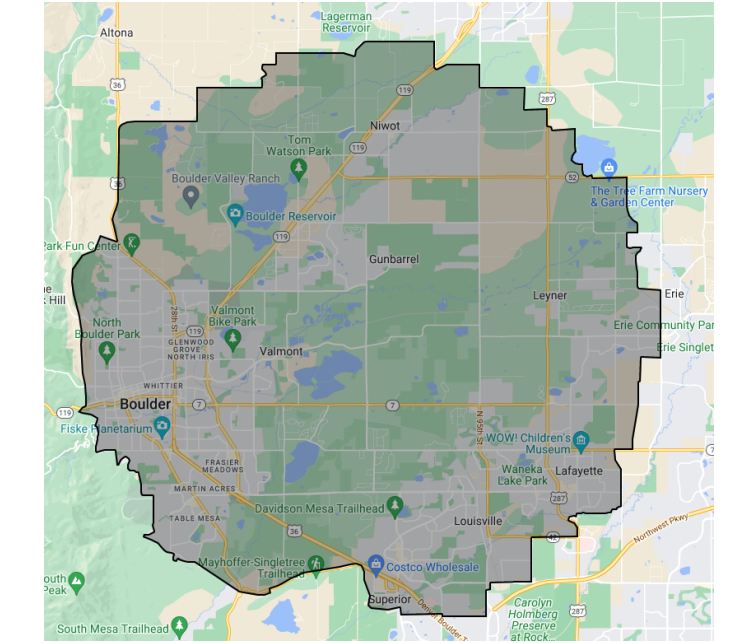The Highly Pathogenic Avian Influenza has been detected in a backyard poultry facility in Boulder County, triggering a quarantine order to limit the movement of birds in and out of the area.
The U.S. Department of Agriculture’s National Veterinary Services Laboratory confirmed the detection of the avian flu on Oct. 7. The state veterinarian issued bird quarantine orders covering much of the rural areas south of Longmont, spanning a rough circle in southeast Boulder County from Niwot to Superior and Boulder to Erie.
All poultry and poultry products in the geographic area are quarantined to their premises until the order changes for both commercial and backyard poultry producers. That includes all avian species and their hatching or embryonated eggs.
The avian flu was first found on Sept. 30 in Boulder County in three wild birds, two Canada geese and a blue-winged teal cuck. Another case was found in a Canada goose on Oct. 6 before the confirmation of flu in backyard birds on Oct. 7.
According to state reporting, roughly 600 mixed species of birds in the Boulder County backyard poultry operation were affected.
Last month, over one million birds were killed after the disease was detected in a commercial egg laying facility in Weld County. The avian flu spreads rapidly among wild and domestic poultry with a mortality rate above 90%.
The Colorado Department of Agriculture is asking all bird owners to increase their biosecurity practices, including residents with backyard flocks. Suggested actions include keeping a closed flock, decreasing interactions between domestic and wild birds and keeping feed away from wild birds.
Bird owners are encouraged to monitor flocks for signs of illness and report suspicious disease events or illness to the state veterinarian's office at 303-869-9130.
Signs of the avian flu in poultry include sudden death without clinical signs, lack of energy or appetite, decreased egg production, soft-shelled or misshapen eggs, swelling or purple discoloration of head, eyelids, comb and hocks, nasal discharge, coughing or sneezing, lack of coordination and diarrhea. The avian flu is not known to affect humans.
Learn more and see the quarantine order at ag.colorado.gov/animals/reportable-diseases/avian-influenza.



